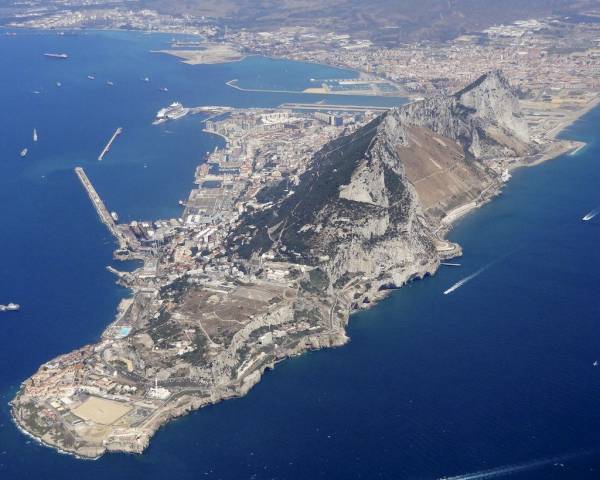Gibraltar to challenge UK gaming restrictions

Gambling firms in Gibraltar are fighting back against the UK Gambling Bill, which was announced in the Queens Speech back in May. The tax changes are due to pass into law in March of next year and propose that gambling firms should be taxed on a ‘place of consumption’; (PoC) basis rather than on their ‘place of supply’.
This means that offshore gaming companies in Gibraltar, who were previously operating within the UK markets at a low tax rate, will face a set rate of 15% on revenue generated from UK consumers. Failure to comply with the new tax levy could result in a seven year prison sentence.
It is estimated that the UK stands to net £300 million in additional tax revenues from the legislation. However, the bill would have a significant impact on online operators based in Gibraltar, where taxes are currently levied at just 1% and capped at a total of £425,000.
Clive Hawkswood, the Chief Executive of the Remote Gambling Association estimates that 60% of the operators market in Gibraltar is UK-based, and would therefore be responsible for paying PoC tax on British customers. This could spell disaster for the online gaming market in Gibraltar, which contributes approximately one fifth of the territories’ GDP and employs around 4,000 citizens.
In response to the “attack” on Gibraltar, the affected parties have paid £500,000 to fund a legal challenge against the UK Gambling Bill, which would move forward if proposed changes to the bill are not reviewed and their concerns not satisfactorily addressed.
Chief Executive of the Gibraltar Betting and Gaming Association (GBGA), Peter Howitt believes that not only do the new laws burden offshore operators, but that they could also negatively impact both the Gibraltar and UK economies.
Howitt stated: “unfortunately, whether intentional or otherwise, the proposed changes to the UK online gambling regime represent and attack against the Gibraltar industry. It is hoped that, given the current situation, [the UK] may act more sensitively – especially bearing in mind that the current online gambling regime works well for UK consumers.”
Around 60% of British consumers who place online wagers do so via operators based in Gibraltar. This change in taxation could result in companies having no choice but to pass increased costs onto their players, therefore risking the loss of large portions of their customer base. Gambling firms such as William Hill, whose online operations are based in Gibraltar, have publically contested the bill on the grounds that this would be a breach of the EU competition law.
According to onlinecasinoking.com an authoritative source in European online gaming, a “Gibraltar licence holds a considerable cachet among UK players- over the years it has developed a strong "player-friendly" reputation and has a good record in policing casinos operating within its jurisdiction to ensure that companies operate ethically and fairly. The question is, will this be enough to persuade operators to stay when they no longer enjoy the tax benefits of operating from an overseas location.”
Partner at London-based DLA Piper, Hilary Stewart-Jones has called the move by the UK government “unjust”, saying that it poses “significant” risk for offshore operators. However, due to successive unpredictable governments, these companies are likely to reconfigure their businesses in anticipation of the PoC tax introduction.
“The UK has gone from a very liberal to a closed position whereas other EU member states have gone in the reverse direction,” said Stewart-Jones, “but the problem from a challenge perspective is that HM Revenue & Customs can do what it wants.”













